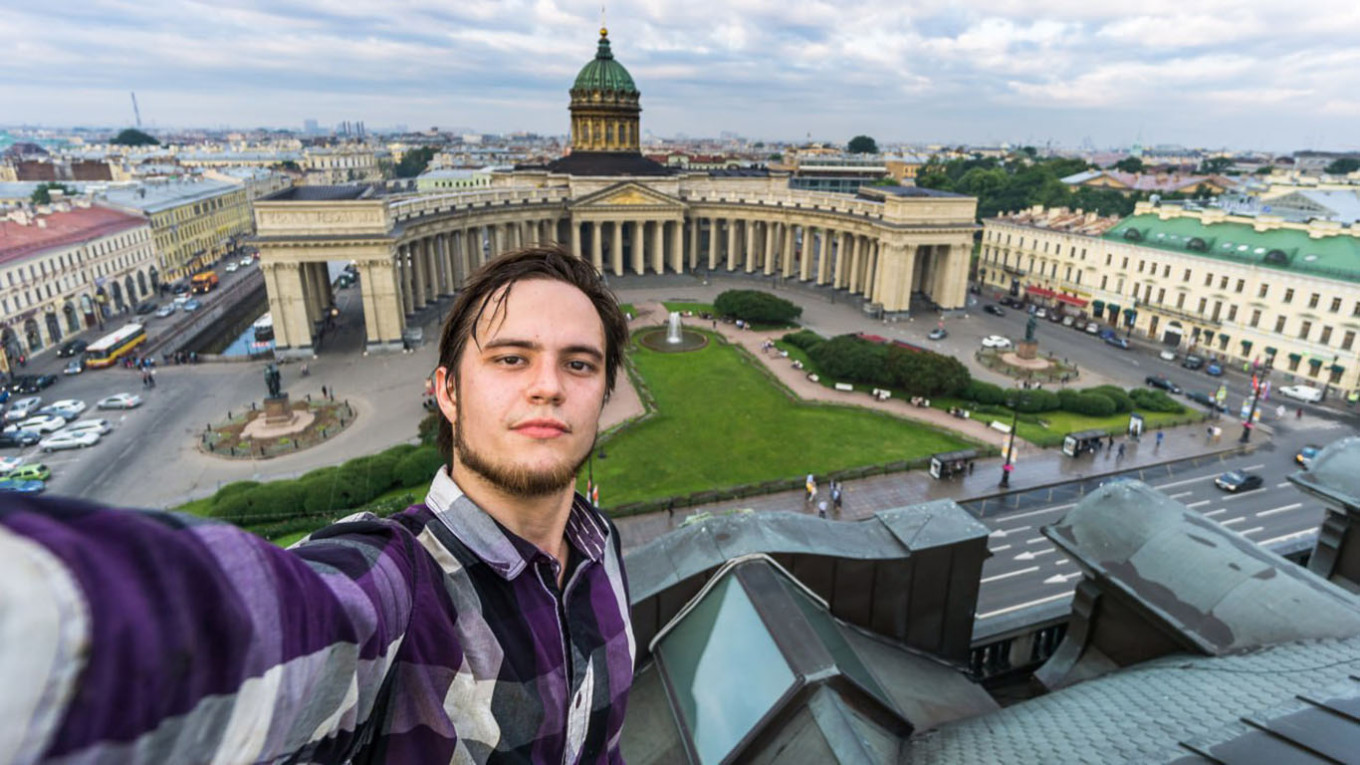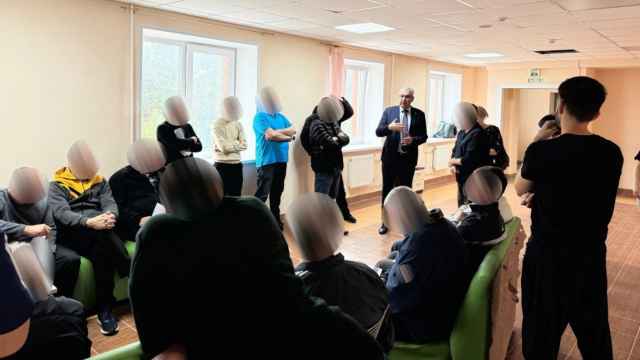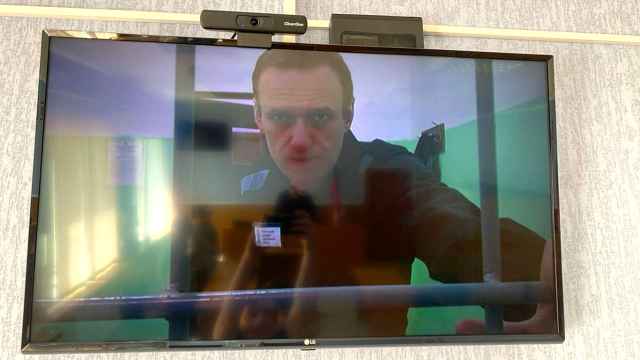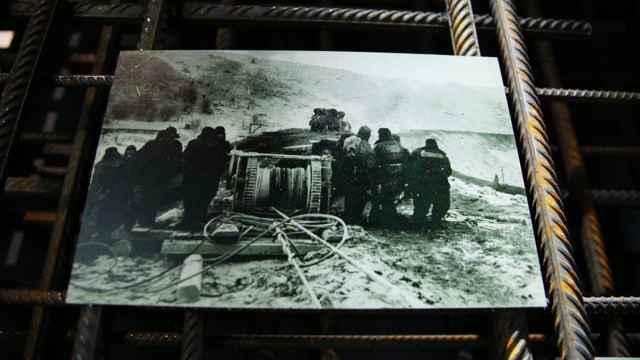Can an ordinary person in Russia be imprisoned for sharing a book sold in bookstores?
Grigory Skvortsov, a photographer from Perm known for his striking images of industrial landscapes and rooftop views, was sentenced to 16 years in prison Thursday for doing just that.
Skvortsov, 35, was arrested in St. Petersburg in November 2023. For months, his relatives did not know what exactly he was being accused of.
It was later revealed that he was charged with state treason for sending publicly available historical materials — supplementary documents for the book “Soviet ‘Secret Bunkers’: Urban Special Fortifications of the 1930s-60s” — to an American journalist.
Historian Dmitry Yurkov’s 2021 book delves into Soviet bunkers, a declassified Foreign Ministry shelter and the forgotten architecture of Cold War secrecy. It was available for purchase in Russia and even advertised in the state-owned Rossiyskaya Gazeta newspaper.
"I did not have access to state secrets and had no malicious intent,” Skvortsov said to Pervy Otdel, a Russian lawyers' association, in an interview from pre-trial detention.
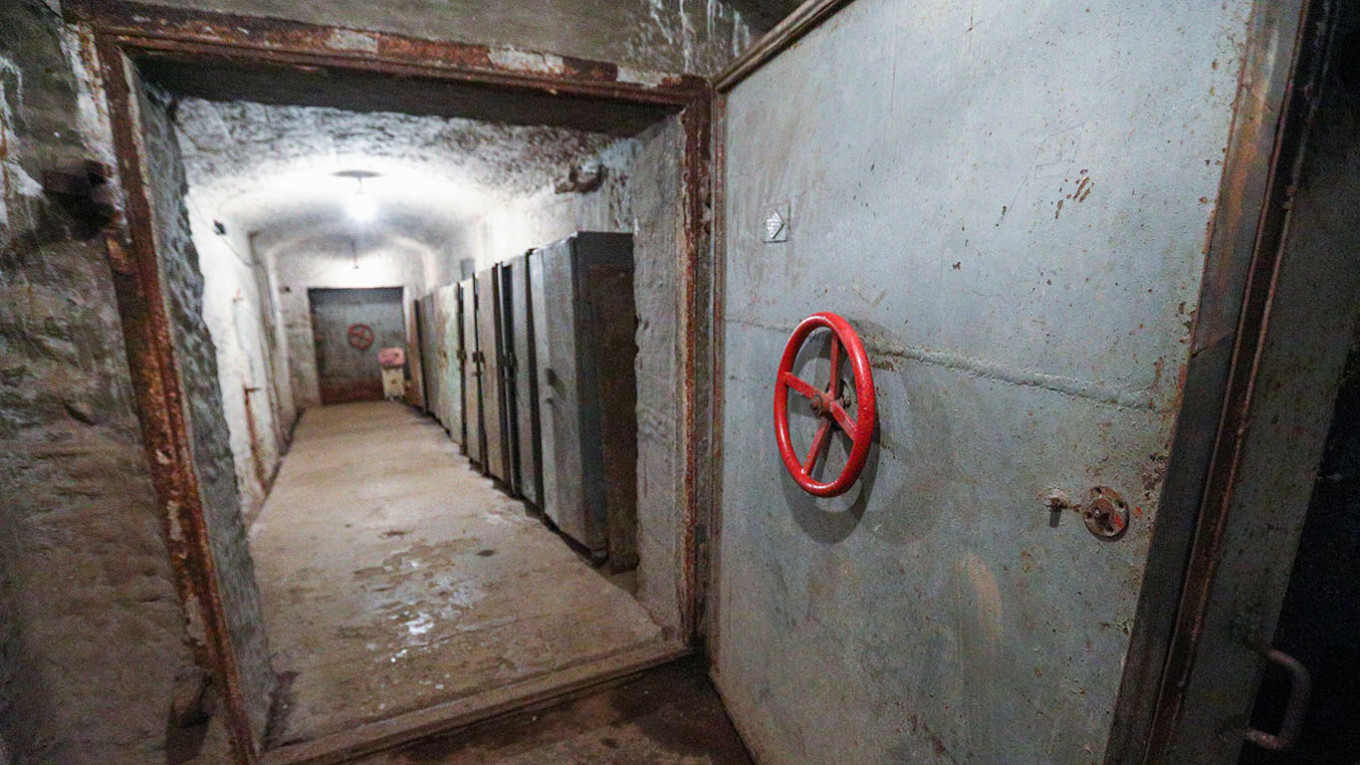
Skvortsov, who had spoken out against the war in Ukraine in a 2022 interview with a German magazine, said “the investigation began with accusations about my alleged political motives.”
His case is the latest in a growing wave of treason prosecutions in Russia since it invaded Ukraine in February 2022. Lawyers estimate that nearly 80% of all treason cases in modern Russian history were opened after the full-scale invasion.
According to Skvortsov, he bought the supplementary materials to the book — 1,000 pages of scanned archival documents that the author had sold separately — and “along with other photos and diagrams from the internet, I sent them to the journalist.”
“I just wanted to share them with the public," he said.
In his interview with Pervy Otdel, Skvortsov argued that the FSB’s Investigative Department was not interested in establishing the facts but rather at covering up a failure to protect state secrets — and at shielding the book’s author.
Yurkov has insisted that he only dealt with declassified archival documents while writing his book. In 2022, Russian state media watchdog Roskomnadzor claimed, citing a court decision, that Yurkov’s lecture about the book allegedly disclosed state secrets.
Yet Yurkov himself has not faced any charges.
“The case is absurd, of course, but it’s not the first and I’m afraid it won’t be the last one built on such absurdity,” said Yevgeny Smirnov, a lawyer with Pervy Otdel, referring to the fact that the book was available for purchase in Russia.
“He [Skvortsov] was never familiar with the procedures for handling state secrets — he simply had no way of knowing what constituted a state secret and what didn’t,” Smirnov told The Moscow Times.
“He was just an ordinary person who got access to these materials from a bookstore. Yet it’s not the person who mistakenly declassified the information who is being held accountable, but him,” Smirnov said.
The Nobel Peace Prize-winning rights organization Memorial has added Skvortsov to its list of people subjected to criminal prosecution that is likely politically motivated and marked by serious legal violations.
A Message from The Moscow Times:
Dear readers,
We are facing unprecedented challenges. Russia's Prosecutor General's Office has designated The Moscow Times as an "undesirable" organization, criminalizing our work and putting our staff at risk of prosecution. This follows our earlier unjust labeling as a "foreign agent."
These actions are direct attempts to silence independent journalism in Russia. The authorities claim our work "discredits the decisions of the Russian leadership." We see things differently: we strive to provide accurate, unbiased reporting on Russia.
We, the journalists of The Moscow Times, refuse to be silenced. But to continue our work, we need your help.
Your support, no matter how small, makes a world of difference. If you can, please support us monthly starting from just $2. It's quick to set up, and every contribution makes a significant impact.
By supporting The Moscow Times, you're defending open, independent journalism in the face of repression. Thank you for standing with us.
Remind me later.



